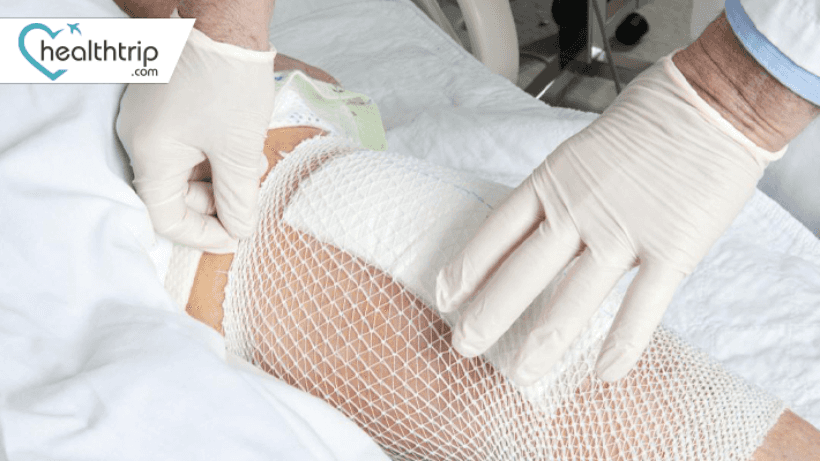
How to Prevent Infection After Knee Replacement Surgery in India
18 Apr, 2023
Introduction
Knee replacement surgery is a major surgical procedure that involves substituting the impaired or diseased parts of the knee joint with artificial prostheses. Despite the fact that this surgical procedure can substantially enhance an individual's mobility and quality of life, there is always a possibility of postoperative infection. In India, where healthcare expenses are relatively low, knee replacement surgery is becoming progressively more prevalent. However, to ensure a smooth recuperation, it is imperative to take preventive measures against infection after surgery. In this piece, we will examine ways to avoid infection following knee replacement surgery in India.
Most popular procedures in India
Pre-Surgery Preparation:
Before the surgery, it is important to take certain precautions to minimise the risk of infection. These include:
Wellness Treatments
Give yourself the time to relax
Lowest Prices Guaranteed!

Lowest Prices Guaranteed!
1. Maintain good personal hygiene
Taking a shower or bath before the surgery can reduce the bacteria on your skin. Brushing your teeth and washing your hair can also help to minimise the risk of infection.
2. Treat any infections
If you have any infections such as a cold, cough, or urinary tract infection, inform your doctor before the surgery. Treating these infections before the surgery can help to minimize the risk of infection.
3. Stop certain medications
Certain medications such as blood thinners may need to be stopped before the surgery. Make sure to follow your doctor's instructions regarding medication.
4. Screening for infections
Some patients may require preoperative screening for certain infections such as MRSA (Methicillin-resistant Staphylococcus aureus) to ensure that appropriate precautions are taken during the surgery.
During Surgery Precautions:
During the surgery, your surgeon will take several precautions to minimize the risk of infection. These include:
1. Sterilization
All the surgical instruments and the operating room will be sterilized to prevent the spread of infection. Your surgeon will also wear sterile clothing and gloves to minimize the risk of infection.
2. Antibiotics
You will be given antibiotics before, during and after the surgery to prevent infection. The type and duration of antibiotics will depend on various factors such as the patient's age, medical history, and the type of surgery.
3. Isolation
Your surgical team will take steps to prevent contamination of the surgical site. They may use a sterile drape to cover the surgical site and use a special ventilation system to ensure that the air in the operating room is clean.
Post-Surgery Care:
After the surgery, you will need to take certain steps to prevent infection. These include:
1. Wound care
Keep the surgical wound clean and dry. Change the dressing regularly as per the instructions of your surgeon. You may be given special wound care instructions depending on the type of surgery.
2. Medication
Take all the prescribed medications including antibiotics and painkillers as per the instructions of your doctor. Do not skip any doses or stop taking medications without consulting your doctor.
3. Physical therapy
Follow the physical therapy regimen prescribed by your doctor to prevent blood clots and improve circulation. Physical therapy can also help to strengthen the muscles around the knee joint and speed up the recovery process.
4. Nutrition
Eat a healthy and balanced diet to boost your immune system and aid in healing. Your doctor may also recommend certain supplements such as iron or vitamin C to aid in recovery.
Signs of Infection:
It is important to be aware of the signs of infection after knee replacement surgery. These include:
1. Fever
A fever can indicate the presence of an infection. If your temperature is above 100.4°F (38°C), contact your doctor immediately.
2. Redness, warmth, or swelling around the surgical site
These are signs of inflammation, which can indicate an infection. If you notice any redness, warmth, or swelling around the surgical site, contact your doctor immediately.
3. Increased pain or stiffness
While some pain and stiffness is normal after knee replacement surgery, an increase in pain or stiffness can indicate an infection. If you experience severe pain or stiffness that is not relieved by pain medication or physical therapy, contact your doctor.
4. Drainage from the surgical site
If you notice any drainage or discharge from the surgical site, contact your doctor immediately. This can indicate an infection.
Conclusion
Preventing infection subsequent to knee replacement surgery within the bounds of India is imperative to ensure a favorable convalescence. To abate the possibility of infection, it is crucial to take necessary precautions prior to, during, and post the surgical procedure. Adhere to the directives issued by your physician regarding medication, wound management, and physical therapy, while keeping a close eye on the indications of infection.
Related Blogs
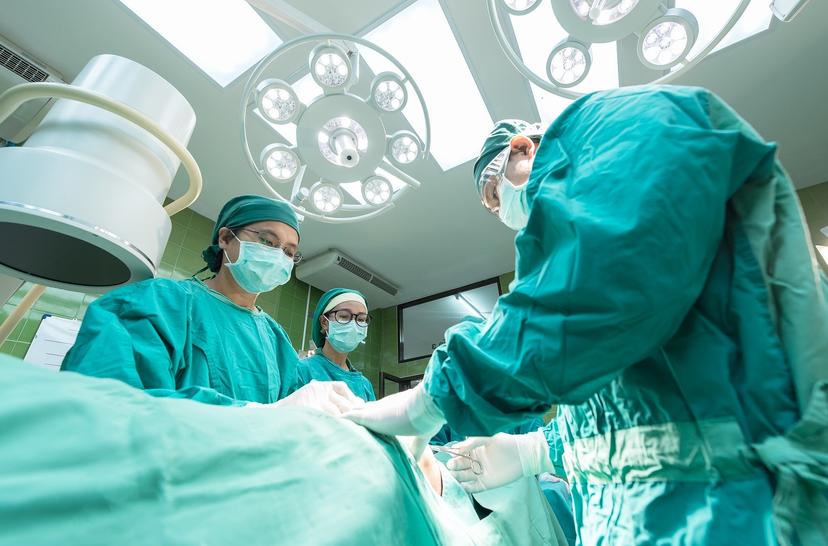
Orthopedic Surgery in the UK: Why Russian Patients Are Opting for Top UK Hospitals
Orthopedic surgery encompasses a range of procedures designed to address
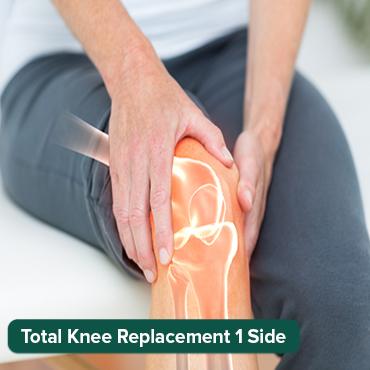
Top Hospitals for Total Knee Replacement in Thailand
Dealing with knee pain and thinking about total knee replacement

How to Manage Life After a Bone Marrow Transplant
A bone marrow transplant (BMT) is a life-saving procedure often
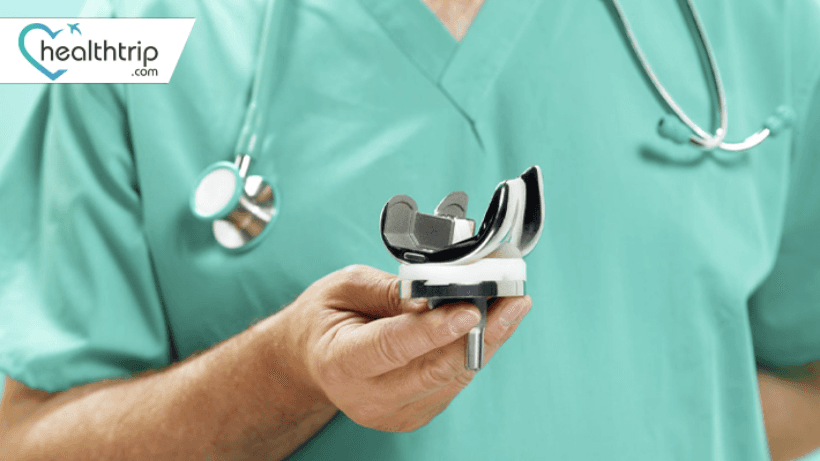
The Importance of Choosing the Right Implant for Knee Replacement Surgery in India
IntroductionKnee replacement surgery stands as a prevalent orthopaedic manoeuvre, which
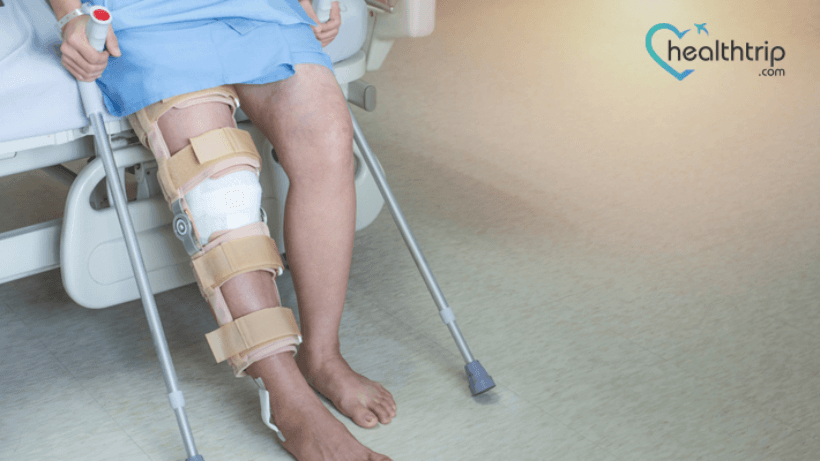
How to Care for Your Knee After Knee Replacement Surgery in India
After undergoing knee replacement surgery, which is a major and

Tips for Managing Pain After Knee Replacement Surgery in India
If you have undergone knee replacement surgery within India, You










